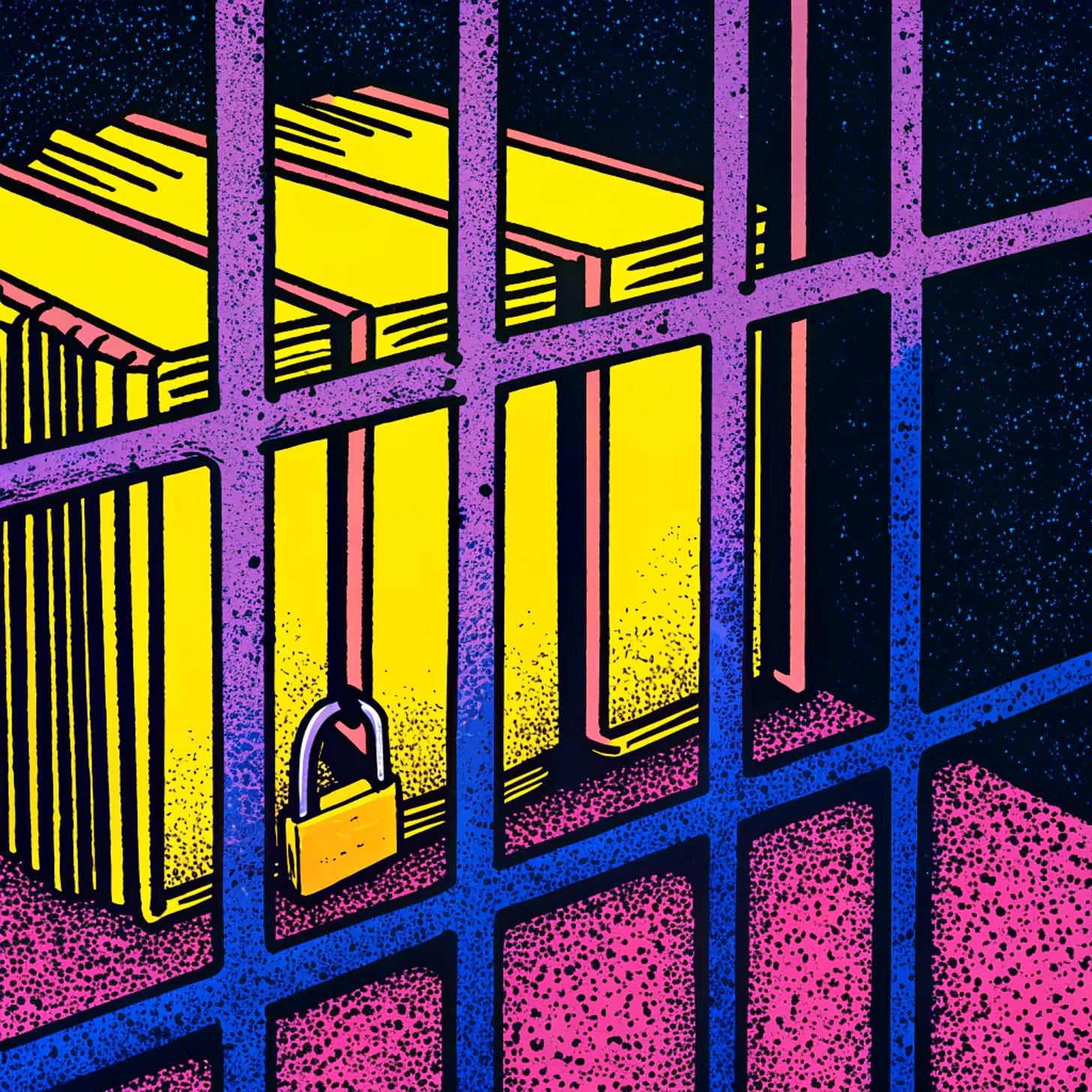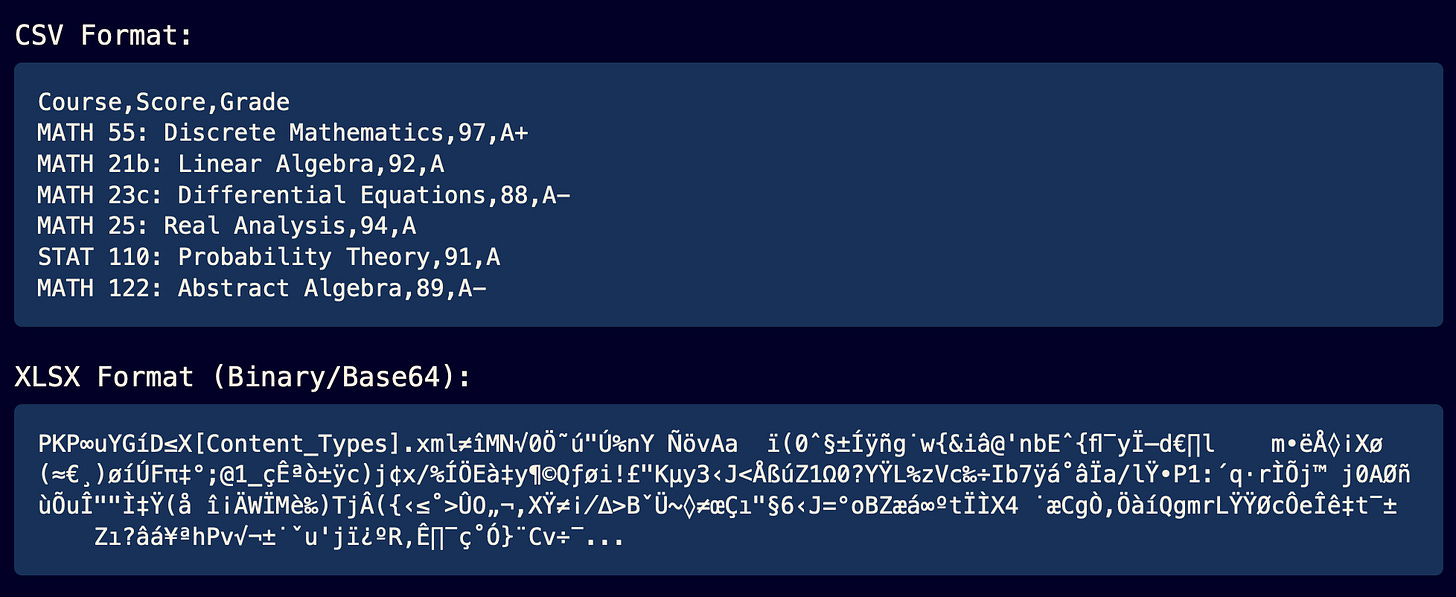@3 File over App: The Philosophical Case
or The Case for Digital Ownership
Timeline: "File Over App" → Data is Valuable → Lack of Full Ownership (Temporary and Partial Ownership) → Concluding Thoughts
File Over App
The pen is mightier than the sword, but the manuscript is mightier than the pen, and the file is mightier than the app.
I am a devoted Obsidian user. I swear by its philosophy and proselytize the app's benefits to my friends. Its most articulated philosophy, which is its USP for many, is the File Over App doctrine.
Steph Ango, a.k.a Kepano, is the company's CEO and a deep thinker in the space of Tools for Thought. He says the following about the philosophy:
If you want to create digital artifacts that last, they must be files you can control, in formats that are easy to retrieve and read... The files you create are more important than the tools you use to create them. - 🔗
This is a plea for the longevity of data. Access to the data should outlive the application's lifespan, and should remain in a format equivalent to what was inputted into the application. For Obsidian, this translates to an app that operates over essentially plain text files stored locally in a folder. Get rid of Obsidian, and you still have your files in a perfectly intelligible form. Obsidian is an editor, navigator, and viewer of this "vault" of ideas.
But Obsidian is not the owner of these ideas, you are. Full ownership by the user is the requirement that underscores File Over App because if data is valuable, then without full ownership, the value retained by the user is undermined.
Data is Valuable
You've probably heard of proclamations like 'Data is the new oil/gold'. The concept of Big Data is ubiquitous, and we now accept that even in the stinky soup of low value data there are gold particulates, and in aggregate, there are gold bars.
But I think we have forgotten, or at least taken for granted, the other side of the spectrum: high value pieces of data. These are artifacts that have gained their worth because of the enormous labor that was put into creating them. The output of Charles Tyrwhitt-suited consultants and Patagonia gillett wearing investment bankers is essentially just a collection of files: PowerPoint slides and Excel models. That is their produce, and their client's billing gives a price to its value.
Lack of Full Ownership
Temporary Ownership
Losing access to high value data is devastating. Imagine you have spent all week tweaking the client's model, performing the grunt work of copying values from a disorganized and messy pile of sources into a meticilously formatted, multi sheet model. You've been grinding into the early hours of the morning on Tuesday and Wednesday. By Thursday, its done. Down to the pub with colleagues for some spaced-out conversations over your favorite pint of stout. As the crowd dies down, and your only mate from the team heads home, you go to collect your bag only to find that it's missing... along with the company laptop. In your chagrin, you feel less depressed about having lost company equipment than having lost dozens of hours of your life and sanity.
Now compare this tragedy with the MySpace user who lost all their pre-2016 content in a faulty server migration in 2019. Or the user of Google Reader (or any of the other decommissioned Google products) that didn't export their data in time. Sucks to be any of them.
If you do not have access to your data for as long as you want, your ownership is flawed. The moment you lose access to your data, you can consider it a loss of an asset.
But there are obvious ways that the app could address this: The data could be accessible offline and be stored locally. Now you have all those 0s and 1s on your harddrive, and you aren't dependent on someone else to uphold their responsibility as stewards of your data.
Partial Ownership
The lifecycle of user data starts with information being important or inputted into the app. The app then interacts on your behalf with the data, and at some point, you might export that data. I expect what I should get out is at least as valuable as what I put in. More precisely, I should be able to perform at least the same set of queries on the exported data as I can on the imported data. If I cannot, then information has been lost, and although its not completely ruinous, the value has decayed.
Even if there aren't any destructive edits to our data, one might still feel hard done if it becomes harder to perform those queries on the outputted data than the inputed. Take CSV, or comma-separated values, files. This is a really simple format for storing tabular data, where each row is delineated by a new line and values in adjacent columns separated by a comma. Excel allows you to import a spreadsheet from a CSV. And Excel saves the new spreadsheet as an XLSX file, Microsoft's proprietary format.
Imagine you've just graduated from university. You had a spreadsheet of all your exam scores, and you want to attach it with your CV for job applications. However, you've just realized that in your graduation celebrations, you've forgotten to add your final scores. Just insert an extra couple of rows to your table, no problem. But your college's free Microsoft Office subscription has expired...
From this dimension of ownership - that it still be easy to query your data without the app in question - the extent of your data ownership now depends on the presence of substitutes. Ownership depends on the provision of supporting infrastructure. That is a very serious implication. We require software to retrieve information from a file. But the supporting software stack is tall. There is the application, the operating system, the drivers to help read and write from disk. Thanks to the prevalence of computers, low-level code is practically guaranteed to exist. The high-level app code is less so. If a file format is simple and easily readable, it is far more likely that there exists an app substitute that can allow you to easily access your data's contents again. You might be in luck if the app is popular, like Excel or Photoshop, because free, open-source alternatives exist for handling their proprietary file format. But the more niche you go, the less lucky you get.
Concluding Thoughts
Ownership is ultimately an abstract, human concept that feels very real but is more of a social construct we all agree upon, like money having value. That means you may have different criteria for what 'sufficient ownership' means:
Having a local copy
Having it in plaintext instead of a proprietary format, even if there are alternative software
Being able to export from an online copy
Whatever, I don’t really care as long as the app works.
While no solution provides guarantees - computers can be stolen, backups corrupted, servers incorrectly migrated - the fundamental question remains: who do you trust with your valuable digital assets? Just as we prefer to keep our valuable physical possessions within our control, our digital artifacts deserve the same consideration.
The "File over App" philosophy isn't just about technical implementation - it's about empowerment. When apps respect this principle by storing data locally in simple formats, they acknowledge that our digital creations are too valuable to be locked behind proprietary barriers or remote servers. Any app that chooses a different path should be prepared to justify why their users' ownership rights matter less than their technical convenience.



